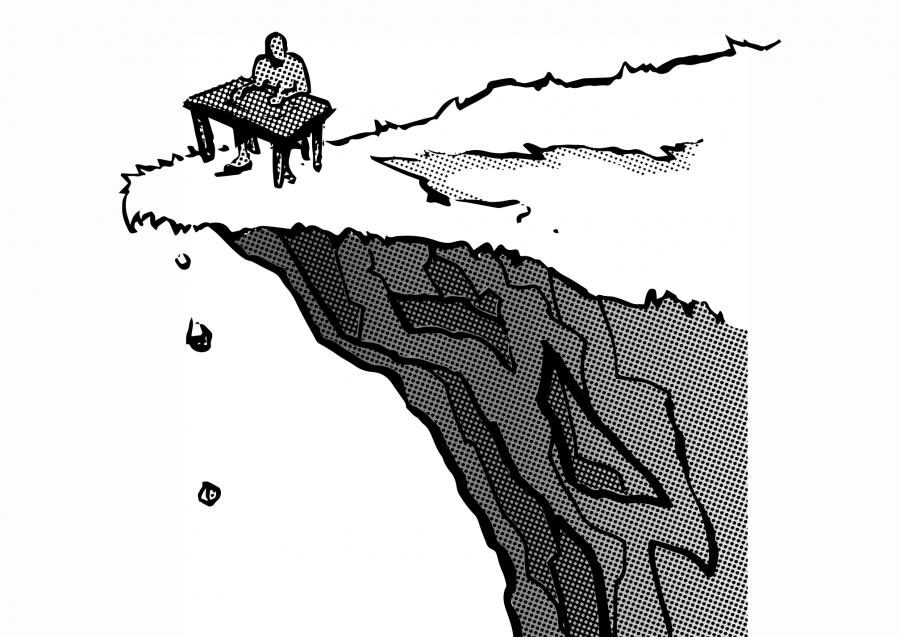I once took half of a calculus midterm in a noisy hallway, left for two hours while my professor taught a class and then returned to the same busy hallway to finish the exam when he was done.
I am registered with Services for Students with Disabilities and receive testing accommodations. These accommodations are supposed to provide me with a distraction-free environment for my exams. Many other SSD students have taken tests in similarly inappropriate settings.
I reached out to Charles Mills, my calculus professor, to ask him why he found it acceptable to let me take a test in a hallway. He told me he had no choice. Situations like these only occur because some professors do not have the resources to accommodate the students for exams outside of class time.
As of the spring in 2017, there were 2,564 students registered with SSD for various disabilities. Of these students, 2,279 are undergraduates, and most need testing accommodations. SSD has a limited amount of testing space in the Student Services Building offices and therefore, encourages students to work with their professors for exam accommodations.
Mills said in an email that in his two years at UT, he has taught approximately 40 SSD registered students, all of whom have requested to take the exam with him instead of in the SSD testing rooms. Professors, however, only have their classroom space for a designated amount of time and their offices are often shared with other professors.
When students choose to reschedule their exams with their professors instead of through SSD, the professor becomes responsible for finding a proctor and working out a suitable testing time. While the chemistry department and the McCombs School of Business already have established testing centers, not all departments are equipped to accommodate students’ exams.
If there was a proper testing center where exams could be taken and proctored, students with disabilities and their professors would not be faced with these hurdles. Training student tutors from the Sanger Learning Center to proctor exams could allow for a more flexible testing schedule and help take the burden off the professor. This would also give the student the opportunity to ask clarifying questions during the exam.
UT’s Senate of College Councils passed a bill in February to establish a centralized testing center on campus by converting the second floor of Perry-Castañeda Library into a testing space. The bill outlined why the library is appropriately equipped to hold the over 2,000 UT students who require exam accommodations.
Although this bill has been passed, no action has been taken to convert the PCL’s second floor into a testing center. UT Senate Policy Director Michael Lee said a “freeze” has been placed on the bill, because the space the bill references is currently being used for other purposes.
Although using the PCL may not be feasible, there are other spaces on campus that could be used as testing center for students.
The Office of the Executive Vice President and Provost, which is responsible for policies and procedures related to students’ academic experience, should implement a policy that outlines in detail the steps to reschedule exams. A suitable location and time, appropriate proctor and all necessary testing resources should be made available to SSD students and any student with a documented reason to reschedule their exam.
Exams are stressful enough. Students with disabilities or intense extracurricular commitments should not have to deal with unacceptable testing conditions. In order to properly accommodate SSD students, UT needs to implement procedures to reschedule exams in suitable spaces.
Dighe is Plan II and neuroscience sophomore from Houston.


















